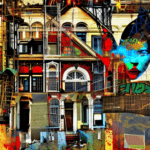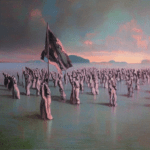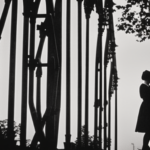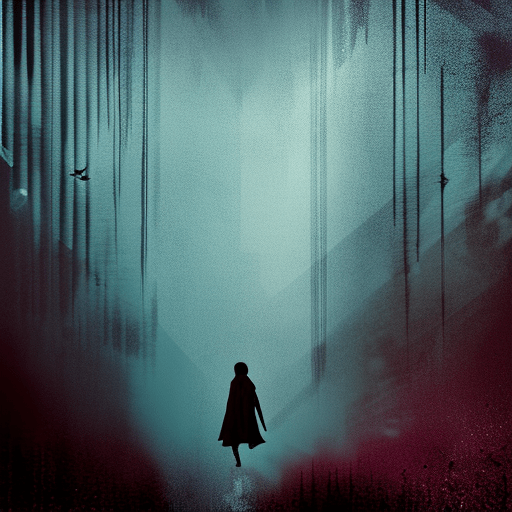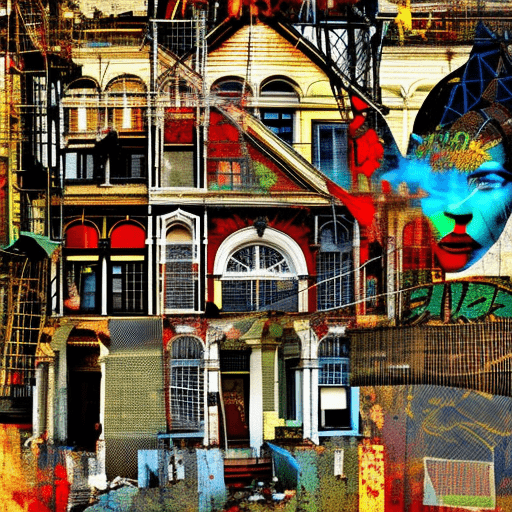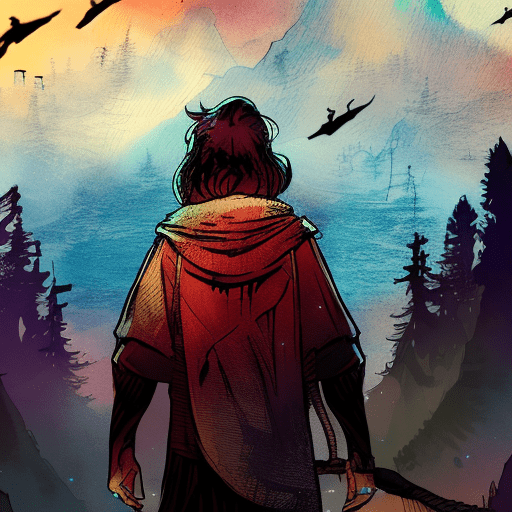One-line Summary:
In “The Wall,” Jean-Paul Sartre explores the psychological and existential consequences of isolation and confinement through the experiences of a French soldier stationed on the border.
Life on the Border:
“The Wall” is a short story written by Jean-Paul Sartre and published in 1939. Set during the Spanish Civil War, it follows the inner thoughts and experiences of a French soldier named Pablo Ibbieta, who has been captured by the Nationalists and is awaiting execution. The story delves into the psychological impact of confinement and the existential questions that arise in such extreme circumstances.
As Pablo awaits his fate, he reflects on his life and contemplates the nature of freedom, responsibility, and the meaning of existence. Confined to a small cell with two other prisoners, Gomez and Juan, Pablo grapples with his impending death and the uncertainty of what lies beyond. The physical and emotional isolation he experiences becomes a metaphor for the human condition and the existential struggle faced by individuals in a seemingly indifferent universe.
The Weight of Freedom:
Throughout “The Wall,” Sartre explores the concept of freedom and its relationship to choice and responsibility. As Pablo faces the inevitability of his execution, he realizes that his freedom lies not in the ability to escape his fate, but in the choices he makes in the face of it. He contemplates the absurdity of life and the arbitrary nature of his impending death, questioning the meaning and purpose of his existence.
Sartre’s existentialist philosophy is evident in Pablo’s internal dialogue, as he grapples with the idea that life has no inherent meaning and that individuals must create their own purpose. The story serves as a reminder that even in the bleakest of circumstances, individuals have the power to choose their attitude and response, thereby asserting their freedom and autonomy.
The Illusion of Certainty:
Another theme that permeates “The Wall” is the illusion of certainty. As Pablo awaits his execution, he clings to the hope that he may be saved, even though the odds are stacked against him. He oscillates between despair and optimism, highlighting the human tendency to seek certainty and control in the face of uncertainty and chaos.
Sartre challenges the notion of a predetermined fate and emphasizes the importance of embracing the uncertainty of life. Through Pablo’s internal struggle, the story raises questions about the nature of hope, the fragility of human existence, and the limits of human agency.
Key Takeaways:
- Isolation and confinement can have profound psychological and existential consequences.
- Freedom lies not in the ability to escape one’s circumstances, but in the choices one makes within them.
- Life has no inherent meaning, and individuals must create their own purpose.
- Hope and despair are intertwined, and embracing uncertainty is essential for personal growth.
“Freedom is what you do with what’s been done to you.” – Jean-Paul Sartre
In “The Wall,” Sartre masterfully explores the human condition through the lens of confinement and impending death. The story serves as a poignant reminder of the choices we make in the face of adversity and the importance of embracing the uncertainty and absurdity of life. Ultimately, “The Wall” challenges readers to confront their own existential questions and consider the true nature of freedom and responsibility.
